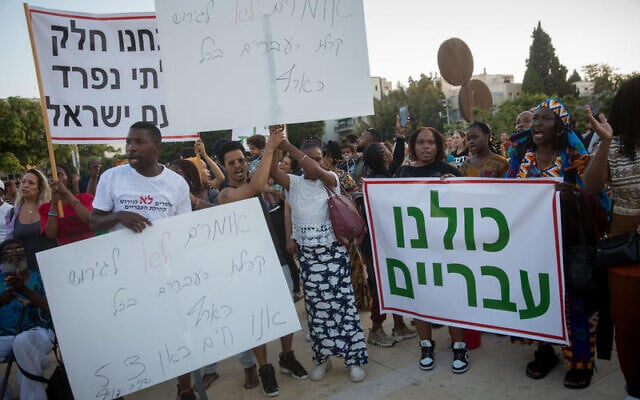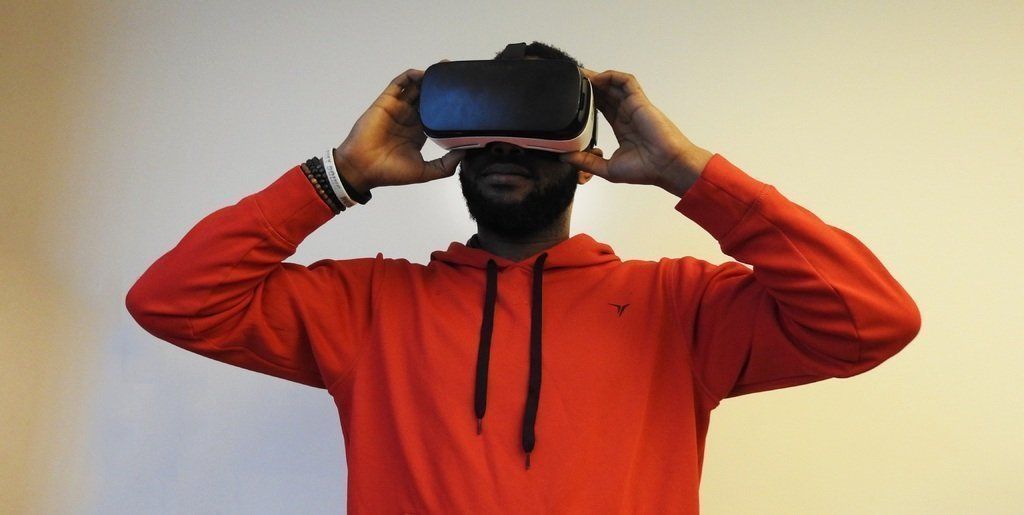Members of the African Hebrew Israelite community in Israel are celebrating a recent breakthrough: the government’s decision to grant them temporary residency. However, while this marks a significant step forward, it’s clear that their struggle for full recognition and permanent status is far from over.
The community, primarily based in the southern city of Dimona, has lived in Israel for decades. Originally arriving in the late 1960s from the United States, they came with a deep spiritual conviction of their ancestral connection to the biblical Israelites. For years, they’ve contributed to Israeli society—building lives, raising families, and participating in the workforce—yet many have remained in legal limbo.
The recent announcement by the Interior Ministry grants temporary residency to over 100 individuals, a move welcomed by the community as long-overdue justice. It allows them to legally work, access health services, and live without fear of deportation. For families who have spent most of their lives in Israel, this development brings a sense of relief and legitimacy.
However, leaders and advocates within the community stress that this is not the final goal. The temporary status, while offering basic protections, still falls short of the permanent residency or citizenship they believe they deserve. Many members were born in Israel or have lived there for decades, yet they remain outside the full circle of national rights.
“This is a step in the right direction, but it’s not the end of the road,” said one community representative. “We belong here—not just on paper, but as full citizens with equal rights.”
Legal teams and community activists continue to lobby the government for broader reforms that will allow members of the community to transition from temporary status to full citizenship. They argue that the historical, cultural, and humanitarian aspects of their case make it imperative for Israel to adopt a more inclusive approach.
As the community celebrates this milestone, they remain committed to their ultimate goal: full recognition as rightful residents of the land they have long called home.




